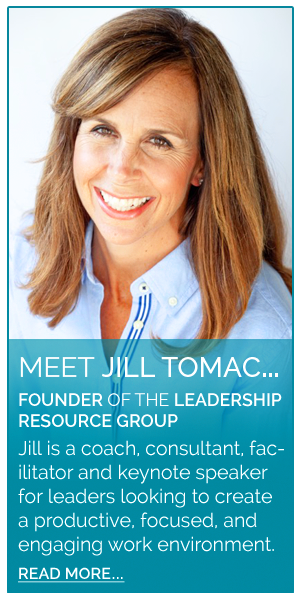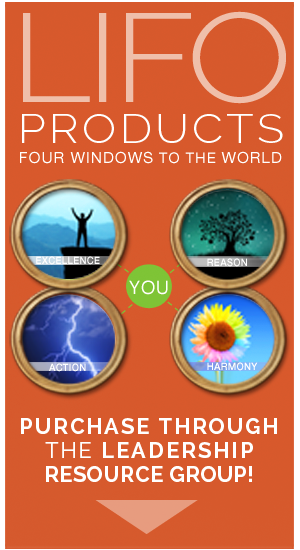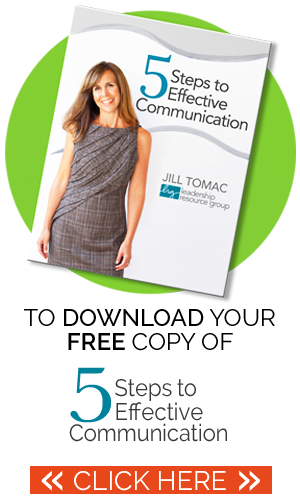“Think twice before you speak, because your words and influence plant the seed of either success or failure in the mind of another”
~Napoleon Hill
As we sat around the dinner table, each family member recounting the “best learning of the day”, my 1st grade daughter jumped up to grab a piece of paper. She enthusiastically made a big happy face in the center of the page and then with great pride wrote her name across the top, B-E-C-C-A.
She held up her paper and said, “Go ahead, say some mean things to Becca”.
So with initial hesitation my ten year old jumped in with “you’re stupid”. As the words came out, Becca slowly grabbed a corner of the paper and folded a piece of it down. One by one we began to add our comments “you can’t play with us”, “you are wrong”, “your dress is ugly”, “this activity is dumb”, “I don’t like you”. With each harsh phrase Becca continued to crumple the paper a little more until at last it was in a crunched up ball.
We then received our next instruction, “Now say some nice things to Becca”.
Feeling pretty bad about the last portion of the exercise we eagerly jumped in with “you have good ideas”, “you’re so strong on the monkey bars”, “you listened well in class today”, “you’re so smart”, “I love you”. With each spoken kindness, Becca un-crumpled a portion of the paper.
When we shared our final word of kindness and the paper was unfurled, she said…
“Do you see that even with your kind words, the paper is still damaged? It will never be as smooth as it was before you used your mean words. Even though your nice words opened up the paper, the damage of the crumpling is still there.”
What a profound and poignant lesson taught by the youngest member of our family.
Becca’s 1st grade teacher used this exercise to demonstrate that once the gossip, complaint, and unkind words are released, they cannot be taken back.
The damage caused by harsh words cannot be erased.
In one of my all time favorite books by don Miguel Ruiz, The Four Agreements, the first and most important agreement is “Be Impeccable With Your Word”. It is through your word you create everything, “The word is a force; it is the power to express and communicate, to think, and thereby create events in your life…you can create the most beautiful dream or you can destroy everything around you”.
Yet somehow, we are not always thoughtful or intentional with our words. You know those times when you have encountered a person who disappoints… makes a mistake… doesn’t follow through on their commitment… drops the ball…hurts another.
So you may enter the conversation from a place of fear, frustration or anger. And these negative emotions may just alter the words that you choose. It is during these times that you may feel the need to “put them in their place” or “vent your frustration”. While your unkind words may seem justified, they most likely will not get you the result you are looking for. Harsh words may feel cathartic, but the long-term damage can be severe.
Becca’s teacher shared the concept “your words should be kind, true, and necessary”. When you consider these three elements you are more likely to hit the mark.
Feedback can be direct. Opinions should be shared. Confrontation is healthy. Disagreement is necessary. However, your reaction – your word choices – will either inspire another or poison the relationship.
Here are 5 ways to help choose your words wisely:
SPEAK WITH THE END IN MIND
Similar to Steven Covey’s 2nd Habit, Begin With The End In Mind, it is essential to use words and create a conversation that will move towards your desired outcome. When you provide feedback or share your opinion, identify your desired outcome before entering the conversation. Do you want a behavior change? Then choose words that will inspire that result.
ASK CLARIFYING QUESTIONS
Seek to understand that which is upsetting. By using a collaborative, problem-solving approach you can turn a challenge into an opportunity. Asking questions such as “what was the biggest barrier you faced?”, “What would you want to do differently next time?”, “what was your greatest learning through this experience?” will allow you to explore the issue in a productive manner. Thought-provoking questions focus on the challenge while allowing the other person to keep their confidence and dignity in tact.
DETERMINE THE NECESSITY
What is it time for? What feedback, input, and guidance will add value in that moment? Although we are by nature, problem-solvers, it is not always a time for learning. Sometimes it’s enough just to let the other person know that everything will be okay. Rather than jumping in to fix a problem or focusing on what is important to you, consider what is important to the situation. Ask yourself what will bring the greatest value in that moment, not only having a positive impact on the situation but also strengthening the relationship.
USE THE GOLDEN RULE
The Golden Rule “treat others the way you would like to be treated” requires that you put yourself in the other person’s shoes. If you made a mistake, how would you want another to respond? What brings out the best in your performance? When you shift your perspective to see the situation through another’s eyes, your response will likely take a different tone.
BE KIND WITH YOURSELF
It is human nature to self-critique. In fact, many of us are our own worst critic. You may see your faults much more clearly than you see your strengths. Or you may focus on what could be better, rather than appreciating what is already working well. While perfectionism — holding high standards and settling for nothing less — can have its benefits, it can also have dire consequences. It can inhibit progress, create anxiety, and lead to negative self-talk.
Using a powerful technique, “Self Appreciations”, you can shift your inner dialogue and change the words you are using with yourself. Every day take some time to reflect on what you appreciate about YOU…your strengths and your successes, no matter how small. Begin to change how you speak to and about yourself. For it is only when you see your own greatness that you can more readily see it in others.
“Words are singularly the most powerful force available to humanity. We can choose to use this force constructively with words of encouragement, or destructively using words of despair. Words have energy and power with the ability to help, to heal, to hinder, to hurt, to harm, to humiliate and to humble.”
~Yehuda Berg





Great article Jill!! I’m borrowing it for my class. Wonderful suggestions.
Thank you Kristin. I’m so glad that you found this article valuable and will be sharing with others!
A valuable article Jill. All good stuff. Thanks!
Thanks Genevieve!
Funny that I talk to my preschoolers with encouraging words all the time but when it comes to those I love the most, my words can be very harsh. Thank you for sharing this article. As always…wonderful!
Thanks for your comments Christy… I know you are not alone in being more harsh with those you are closest too. Since we are most comfortable in those relationships we often don’t reflect before voicing an opinion. I appreciate you sharing that awareness!